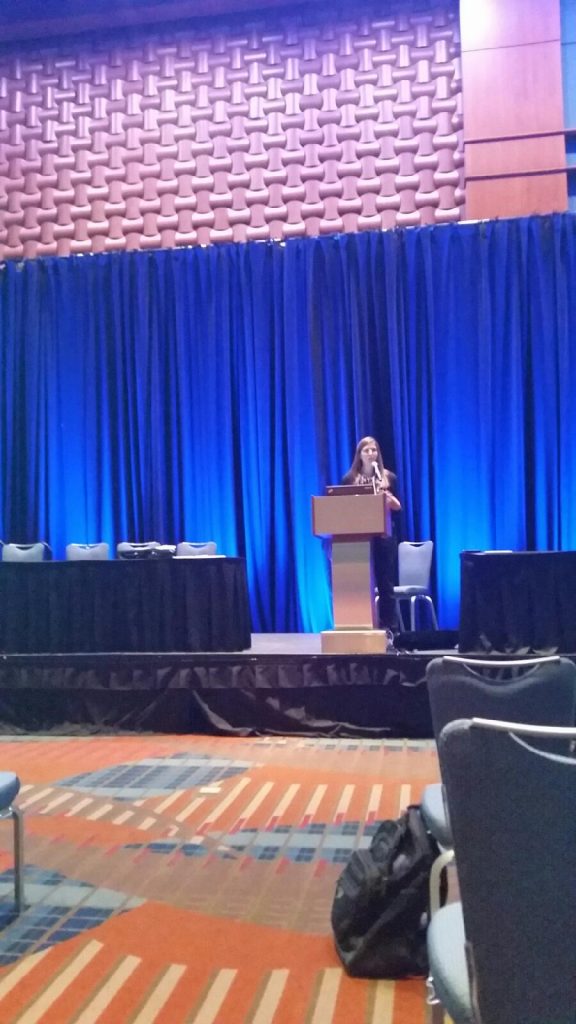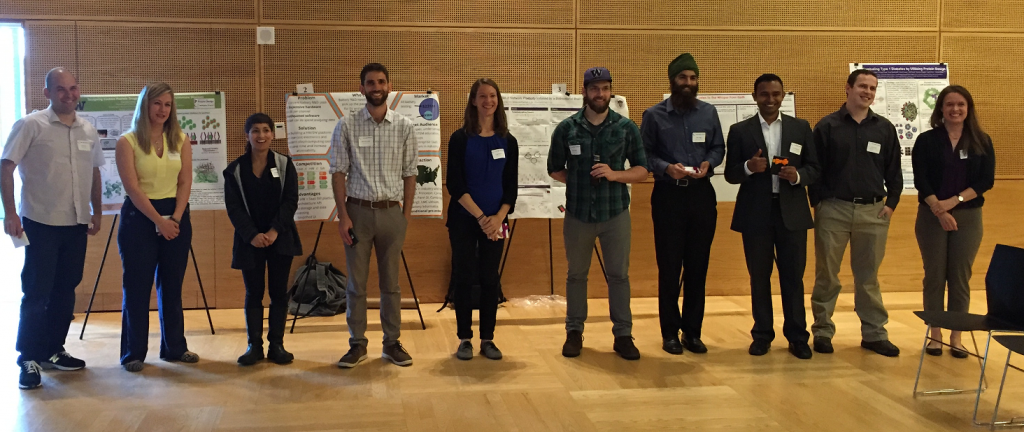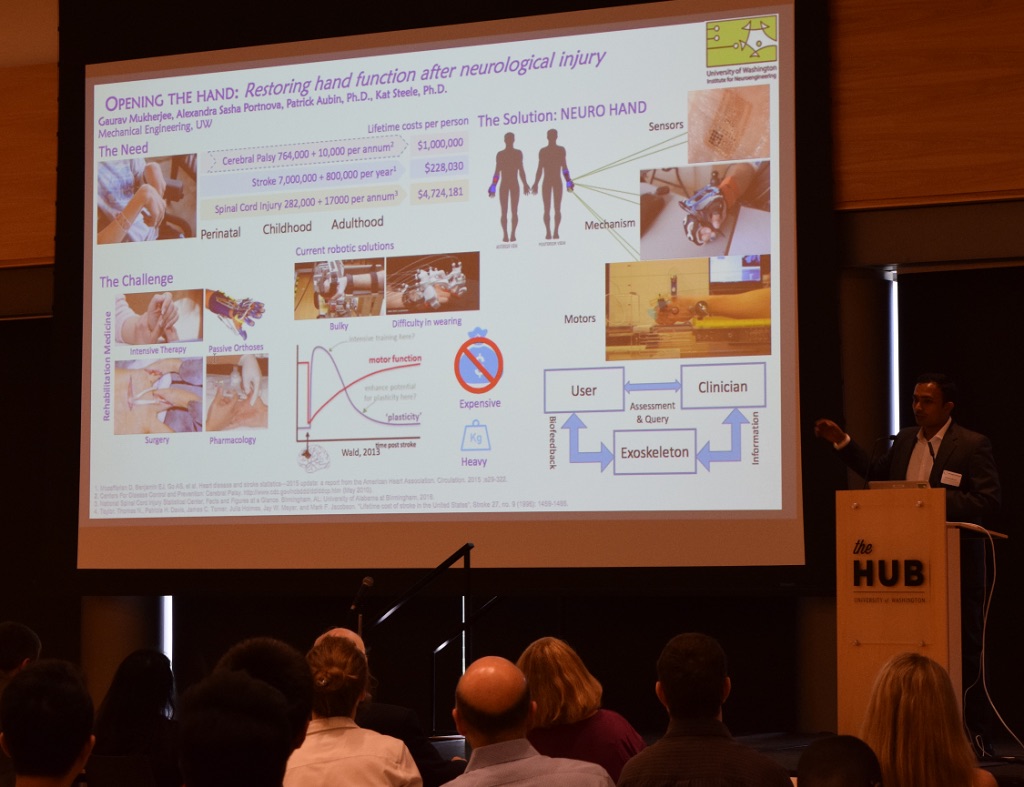Interested in how technology can be used to make a difference in pediatric rehabilitation? A video cast from the National Center for Medical Rehabilitation Research (NCMRR) discusses the topic in Bethesda MD. The workshop is organized by the Motion Analysis Laboratory and supported by the National Science Foundation and the National Institutes of Health.
The workshop on August 9th, 2016 brought together a group of experts in rehabilitation to discuss how technology can help us to address pressing needs in pediatric rehabilitation. To follow all of the talks this past week and listen to “Can Technology Make a Difference in Pediatric Rehabilitation?”, follow this link, CLICK HERE.

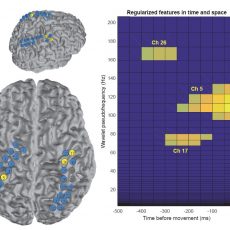
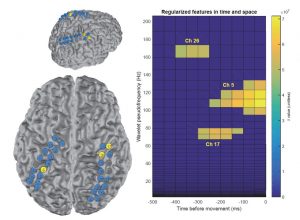
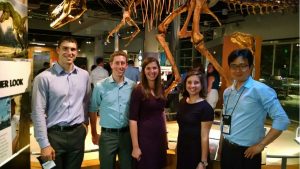 Great job to lab members Ben Shuman, Michael Rosenberg, Sasha Portnova, and Hwan Choi for presenting their work at this year’s American Society of Biomechanics this August. To view the program and read more about biomechanics research,
Great job to lab members Ben Shuman, Michael Rosenberg, Sasha Portnova, and Hwan Choi for presenting their work at this year’s American Society of Biomechanics this August. To view the program and read more about biomechanics research, 